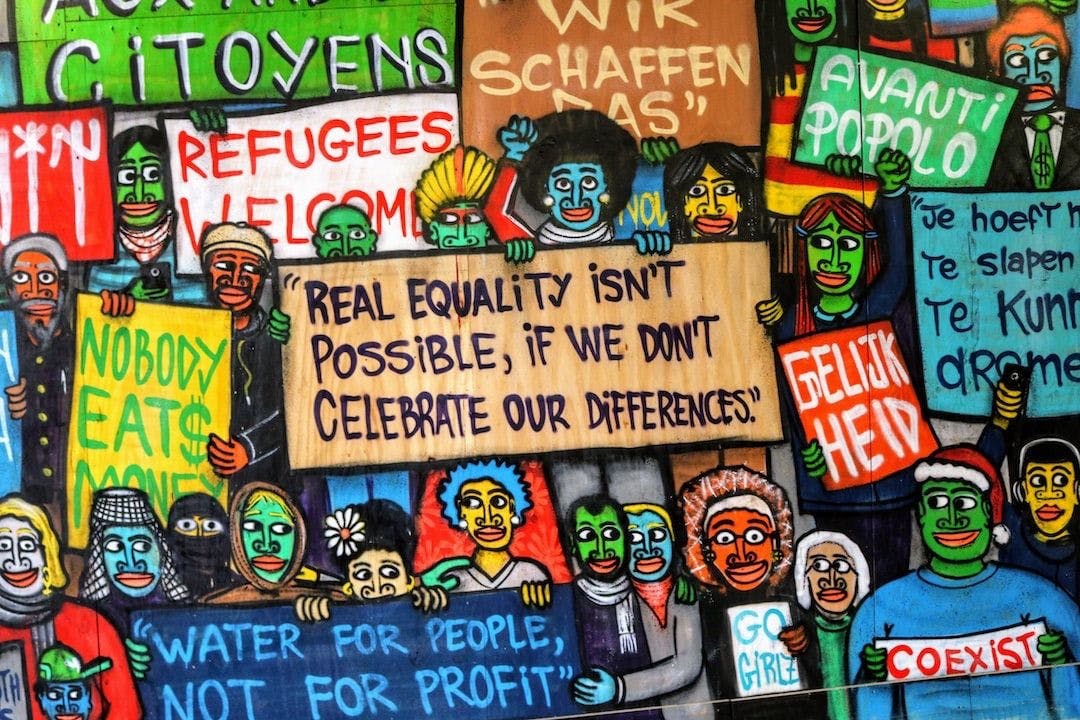412 reads
DE&I is Imperative for Web3: Overcoming Crypto Bro Culture
by
April 24th, 2023
Audio Presented by

Grew her AI SaaS from $0 to $8K MRR organically. The First-Time CEO podcast host, newsletter, and book author.
Story's Credibility





About Author
Grew her AI SaaS from $0 to $8K MRR organically. The First-Time CEO podcast host, newsletter, and book author.
